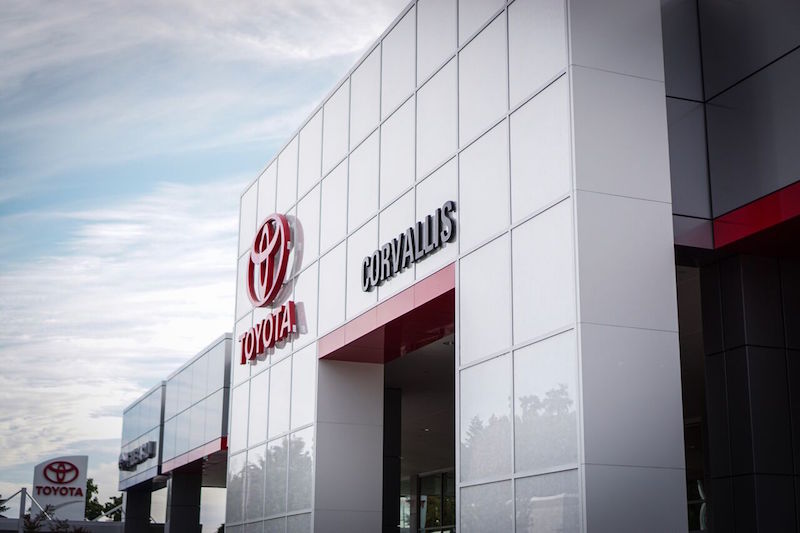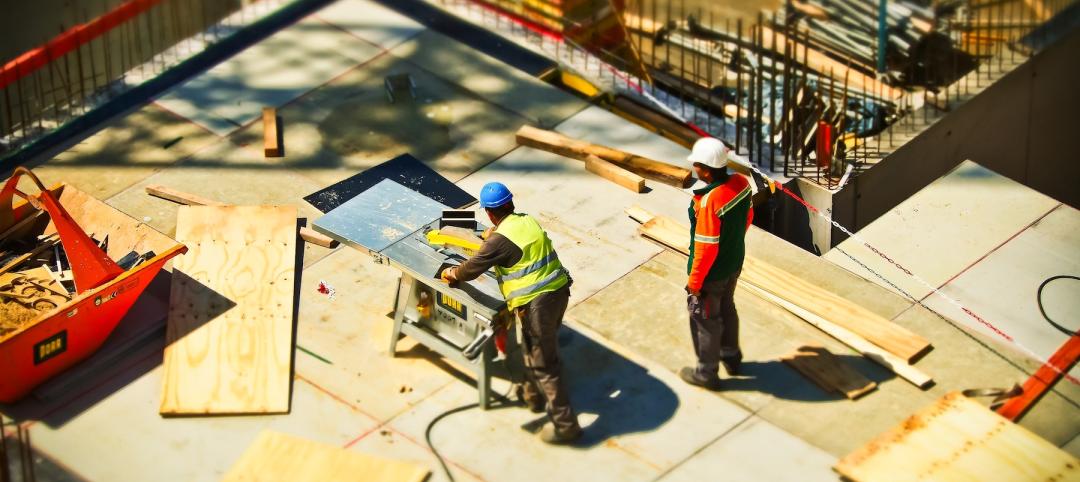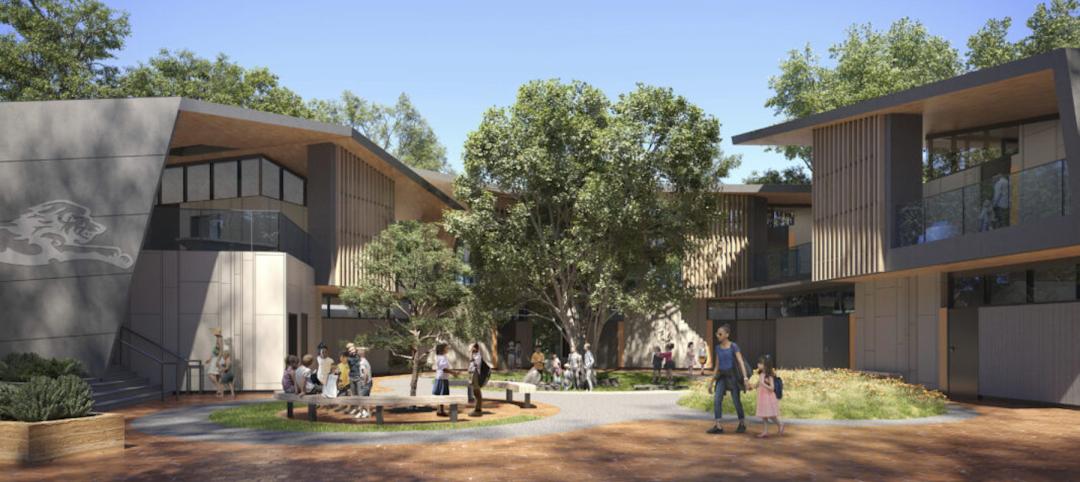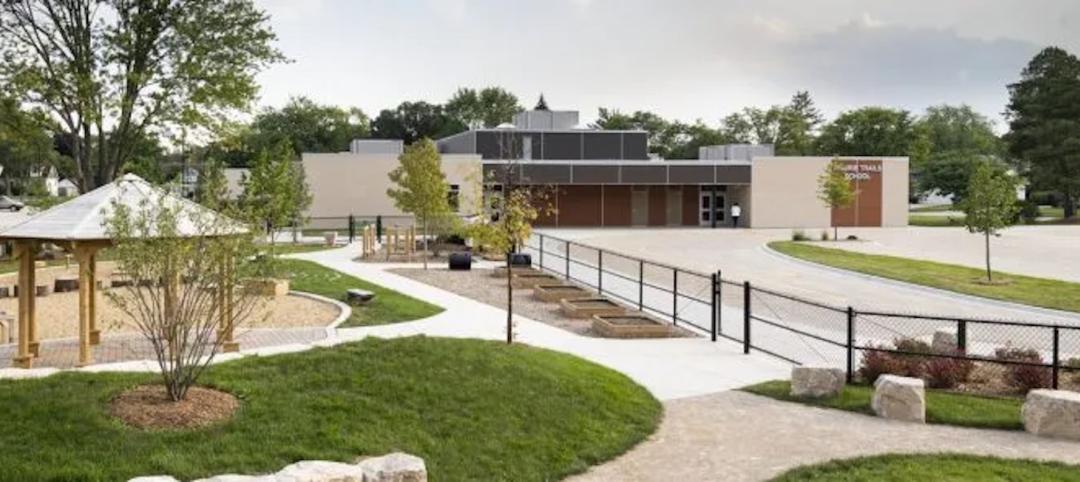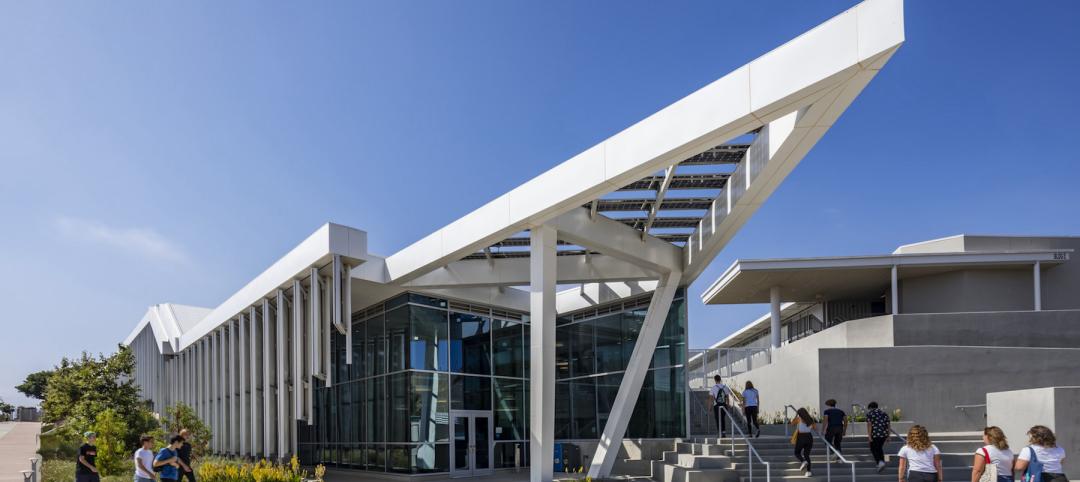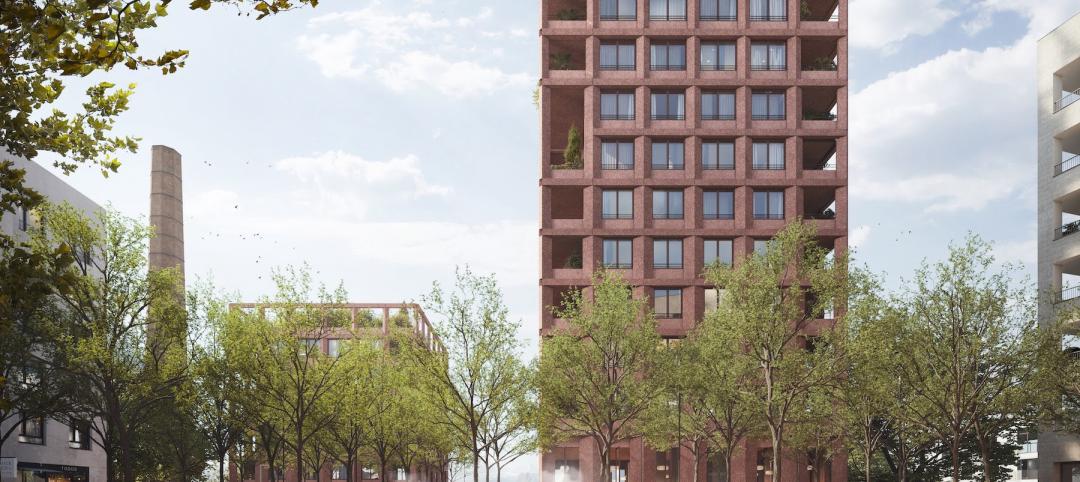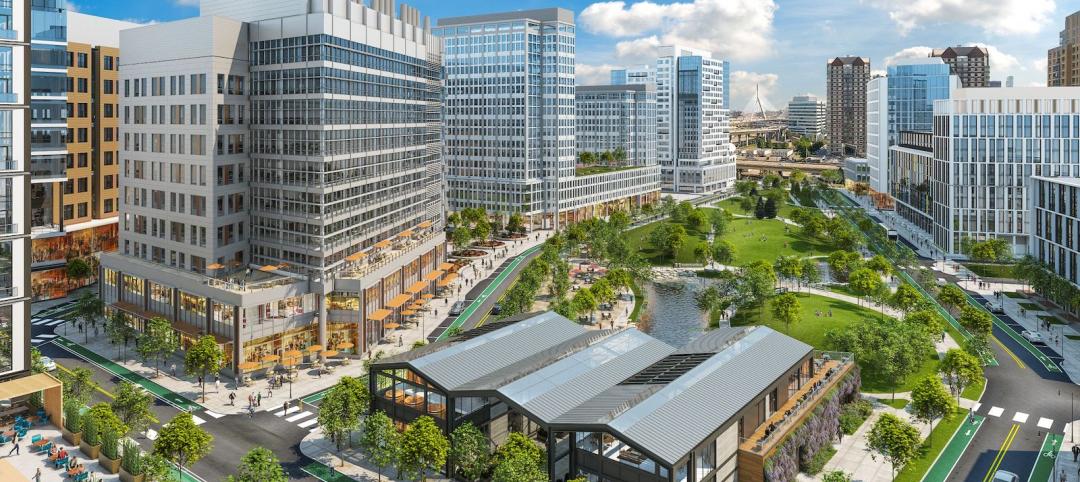Through its use of photovoltaic panels, water harvesting to irrigate the landscape, radiant floor heating, and geothermal heating and cooling, Toyota of Corvallis, in Corvallis, Ore., is looking to become the first net zero energy auto dealership in the world.
A net zero building is one that, at the end of the year, produced more energy than it used. Any excess energy that is harvested is returned directly to the local power grid to help offset local power demands at peak usage periods.
Gensler, the architect of the 34,8000-sf Corvallis facility, will monitor the building and collect data for the next 14 months to ensure the dealership reaches the lofty goal it has set its sights on. In addition to looking to become a certified net zero energy building, the dealership was constructed to adhere to LEED Platinum standards. There are already a few Toyota dealerships around the country with this certification.
The ribbon cutting ceremony for the building occurred in late September and was attended by representatives from both Toyota and Gensler.
"As a design firm committed to constantly raising the bar and leading the charge on the future of sustainable design projects, we are very proud of this project,” says Rick Ferrara, Project Director, Gensler, in a press release. “Not only is Toyota of Corvallis setting a new standard for Toyota, they are leading the industry in a completely new direction."
Related Stories
| Aug 4, 2022
Newer materials for green, resilient building complicate insurance underwriting
Insurers can’t look to years of testing on emerging technology to assess risk.
| Aug 4, 2022
Newer materials for green, resilient building complicate insurance underwriting
Insurers can’t look to years of testing on emerging technology to assess risk.
Sustainability | Aug 4, 2022
To reduce disease and fight climate change, design buildings that breathe
Healthy air quality in buildings improves cognitive function and combats the spread of disease, but its implications for carbon reduction are perhaps the most important benefit.
K-12 Schools | Aug 1, 2022
Achieving a net-zero K-12 facility is a team effort
Designing a net-zero energy building is always a challenge, but renovating an existing school and applying for grants to make the project happen is another challenge entirely.
Codes and Standards | Jul 29, 2022
Few projects and properties are being built beyond code
Clients and architects disagree on how well building to code provides resilience, according to a recent report by the American Institute of Architects (AIA) in partnership with Owens Corning.
Concrete | Jul 26, 2022
Consortium to set standards and create markets for low-carbon concrete
A consortium of construction firms, property developers, and building engineers have pledged to drive down the carbon emissions of concrete.
Green | Jul 26, 2022
Climate tech startup BlocPower looks to electrify, decarbonize the nation's buildings
The New York-based climate technology company electrifies and decarbonizes buildings—more than 1,200 of them so far.
Education Facilities | Jul 26, 2022
Malibu High School gets a new building that balances environment with education
In Malibu, Calif., a city known for beaches, surf, and sun, HMC Architects wanted to give Malibu High School a new building that harmonizes environment and education.
Mixed-Use | Jul 18, 2022
Mixed-use development outside Prague uses a material made from leftover bricks
Outside Prague, the Sugar Factory, a mixed-used residential development with public space, marks the largest project to use the sustainable material Rebetong.
Sustainable Development | Jul 14, 2022
Designing for climate change and inclusion, with CBT Architects' Kishore Varanasi and Devanshi Purohit
Climate change is having a dramatic impact on urban design, in terms of planning, materials, occupant use, location, and the long-term effect of buildings on the environment. Joining BD+C's John Caulfield to discuss this topic are two experts from the Boston-based CBT Architects: Kishore Varanasi, a Principal and director of urban design; and Devanshi Purohit, an Associate Principal.


